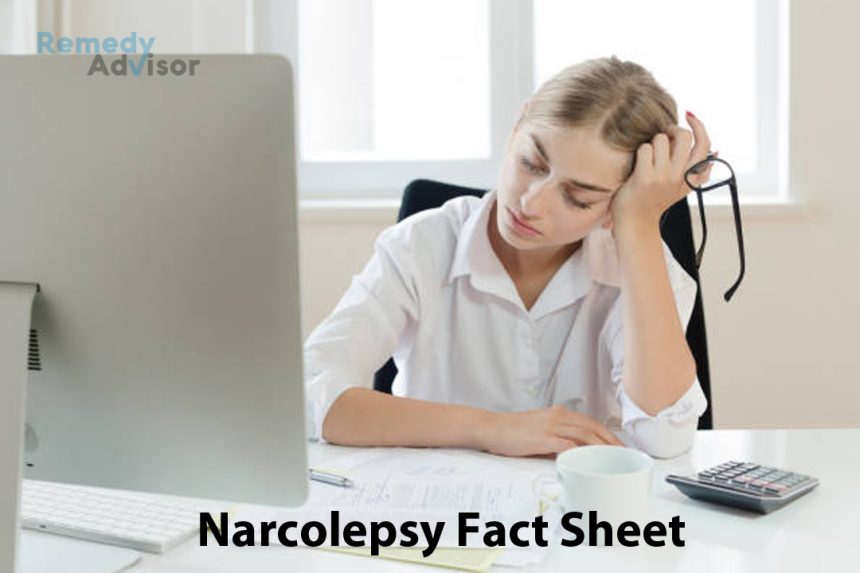Do you find yourself nodding off several times a day? If so, you may be one of the hundreds of thousands of Americans who suffer from narcolepsy.
Narcolepsy usually starts around puberty. It’s thought to be largely hereditary, although in many cases it shows up only after it’s been triggered by a head injury, an intensely emotional experience or another event.
Narcolepsy symptoms start subtly and become more pronounced with time. The disorder is typically diagnosed about 10 years after symptoms first appear.
Telltale symptoms
Excessive daytime sleepiness and an uncontrollable urge to sleep. Narcoleptics know they’re about to fall asleep they don’t typically black out in midsentence but can do nothing to keep from doing so.
Three related disorders
Many people who suffer from narcolepsy also suffer from one or more related disorders…
• Cataplexy
This form of sudden muscle weakness is brought on by strong emotions. You might begin to argue with your spouse, for instance, only to have your head droop uncontrollably and your knees weaken.
• Sleep paralysis
This frightening phenomenon is marked by an inability to move the body after awakening in the morning. Episodes of sleep paralysis can last anywhere from a few seconds to several minutes.
• Hypnagogic hallucinations
These unusually vivid dreams occur at the very onset of sleep. Hypnagogic hallucinations come about when a person goes immediately from wakefulness to rapid eye movement (REM) sleep without first progressing through lighter stages of sleep.
Getting help
If you think you have narcolepsy, organize your day so that you can take short, frequent naps (less than 20 minutes). To avoid accidents, always take a brief rest before driving or operating dangerous equipment.
Avoid alcohol and caffeine. Alcohol won’t prevent sleepiness, and it can cause you to wake up late at night. Caffeine is simply not potent enough to keep you awake.
If these simple remedies don’t help, consult a board-certified sleep specialist. He/she may ask that you spend a night in a sleep disorders center, where the type, depth and quality of your sleep can be measured.
Helpful medications
The newest medication for narcolepsy is modafinil (Provigil). It has been approved to treat people with sleep apnea and shift-work sleep disorders.
• Stimulants
Pemoline (Cylert), methylphenidate (Ritalin), dextroamphetamine (Dexedrine) and related drugs simply help you stay awake. Although stimulants are quite effective at controlling drowsiness, they can have side effects, such as anxiety, headaches, insomnia and increases in heart rate and blood pressure.
•Antidepressants
Drugs like protriptyline (Vivactil) and fluoxetine (Prozac) fight cataplexy. Protriptyline can cause dizziness, dry mouth and sexual dysfunction. Fluoxetine can cause insomnia and sexual dysfunction.
• Sleeping medications
Clonazepam (Klonopin) and zolpidem (Ambien) improve nighttime sleep. However, clonazepam is addicting and can cause daytime drowsiness. Zolpidem is non-addicting, but it can cause daytime sleepiness, nausea and headache.







